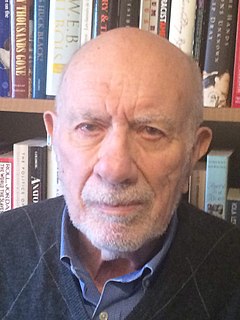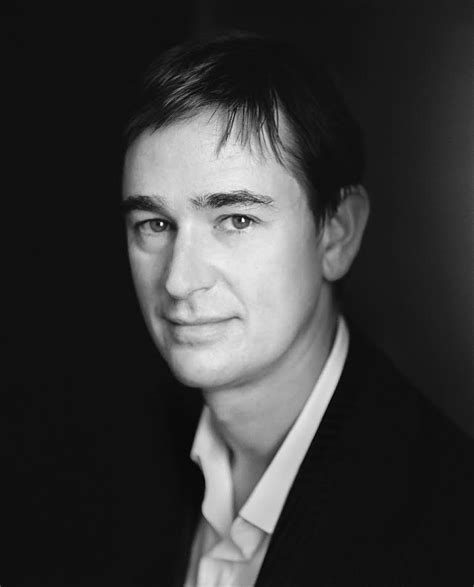A Quote by Hannah Arendt
Kierkegaard, Marx, and Nietzsche are for us like guideposts to a past which has lost its significance.
Related Quotes
Both Marx and Nietzsche understood that moral outrage is the last resort of the powerless. That is why Marx refused to issue moral condemnations of capitalism, preferring instead to lay out, calmly and ruthlessly, his reasons for believing that it is destined to be replaced by socialism. And that is why Nietzsche mocks Christianity for portraying its crucified Saviour as bait wriggling on a hook to catch unsuspecting souls.
When one read's Kierkegaard's profound analyses of anxiety and despair or Nietzsche's amazingly acute insights into the dynamics of resentment and the guilt and hostility which accompany repressed emotional powers, one might pinch oneself to realize that one is reading works written in the last century and not some new contemporary psychological analysis.
When I was writing Love and Lies, I was going over a lot of my old notes to see if there were any insights in them. I was obsessed with Friedrich Nietzsche, Søren Kierkegaard, Arthur Schopenhauer. These are not guys that you want to go to for understanding the nature of love. They clearly didn't get it.
Until I was a junior in high school, I was a "boy scientist" type and expected to go into chemistry. Then I discovered the humanities. I read the plays of Shakespeare voraciously, some novels, such as Pasternack's Dr. Zhivago and Sinclair Lewis' Main Street, and I got into philosophy by reading Kierkegaard and Nietzsche.
To paraphrase Karl Marx, the great Karl Marx, a specter is haunting the streets of Copenhagen...Capitalism is the specter, almost nobody wants to mention it...Socialism, the other specter Karl Marx spoke about, which walks here too, rather it is like a counter-specter. Socialism, this is the direction, this is the path to save the planet, I don't have the least doubt. Capitalism is the road to hell, to the destruction of the world.
A myth is a way of making sense in a senseless world. Myths are narrative patterns that give significance to our existence. Whether the meaning of existence is only what we put into life by our own individual fortitude, as Sartre would hold, or whether there is a meaning we need to discover, as Kierkegaard would state, the result is the same: myths are our way of finding this meaning and significance.





































